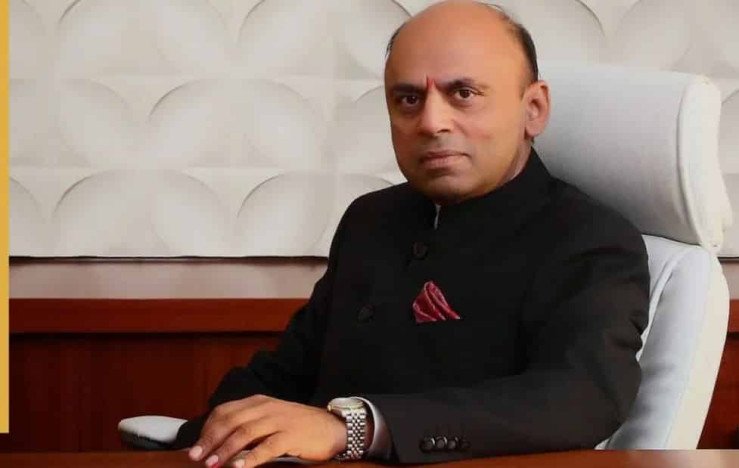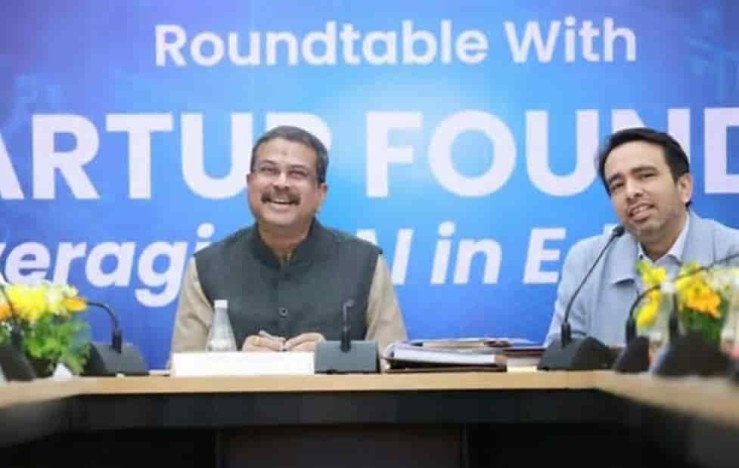Last Updated Oct - 31 - 2025, 10:10 AM | Source : Fela News | Visitors : 11
Indian schools introduce AI and Computational Thinking from Grade 3 for future-ready education.

In a groundbreaking move, the Ministry of Education has announced that from the academic session 2026-27 onwards, students in India will begin learning both Artificial Intelligence (AI) and Computational Thinking (CT) starting from Class 3.
The decision underscores the belief that in today’s evolving world, AI should no longer be an advanced topic reserved for higher grades but rather a foundational skill much like reading or arithmetic. As the Department of School Education & Literacy (DoSE&L) noted, this initiative aligns with the broader vision laid out in the National Education Policy 2020 and the National Curriculum Framework for School Education (NCF SE) 2023.
Specifically, the curriculum will be developed in consultation with bodies such as the Central Board of Secondary Education (CBSE), National Council of Educational Research and Training (NCERT), Kendriya Vidyalaya Sangathan (KVS) and Navodaya Vidyalaya Samiti (NVS) together aiming to build inclusive, age-appropriate materials and teacher-training modules.
Senior officials emphasised that the roll-out will not simply add another subject, but focus on embedding AI & CT into learning, thinking and teaching processes. Teachers will receive training through the NISHTHA programme and other platforms, and resources handbooks and video modules will be ready by December 2025.
The move has implications beyond classrooms. By introducing computational thinking early, India aims to equip its young learners with skills to question, analyze and innovate rather than simply consume technology. In turn, this may help reduce future inequalities in tech access, and foster a generation comfortable with complex problem-solving.
However, implementing this across the country’s diverse educational landscape will pose challenges: training teachers, developing region-specific content in many languages, ensuring access to digital infrastructure in rural areas, and monitoring effectiveness. The Ministry’s consultation emphasised that the curriculum must be “broad‐based, inclusive, and aligned with NCF SE”.
In short, India is treating AI not as a buzzword, but as a basic universal skill, much like “the world around us”. As Secretary Sanjay Kumar said, every child’s distinct potential is the priority.
If executed well, this could place India among the forefront of educational innovation teaching young learners not just to use tech, but to understand and shape it.

Feb - 21
The story of Sunil Galgotia is one that shows how ambition and vision can slowly turn into something very big. After completing his studies at Delh... Read More

Feb - 20
India currently has 21 Indian Institutes of Management (IIMs) located across different states. These institutes are known for offering some of the ... Read More

Feb - 20
Union Education Minister Dharmendra Pradhan recently chaired a roundtable discussion with founders of Indian startups working in artificial intelli... Read More